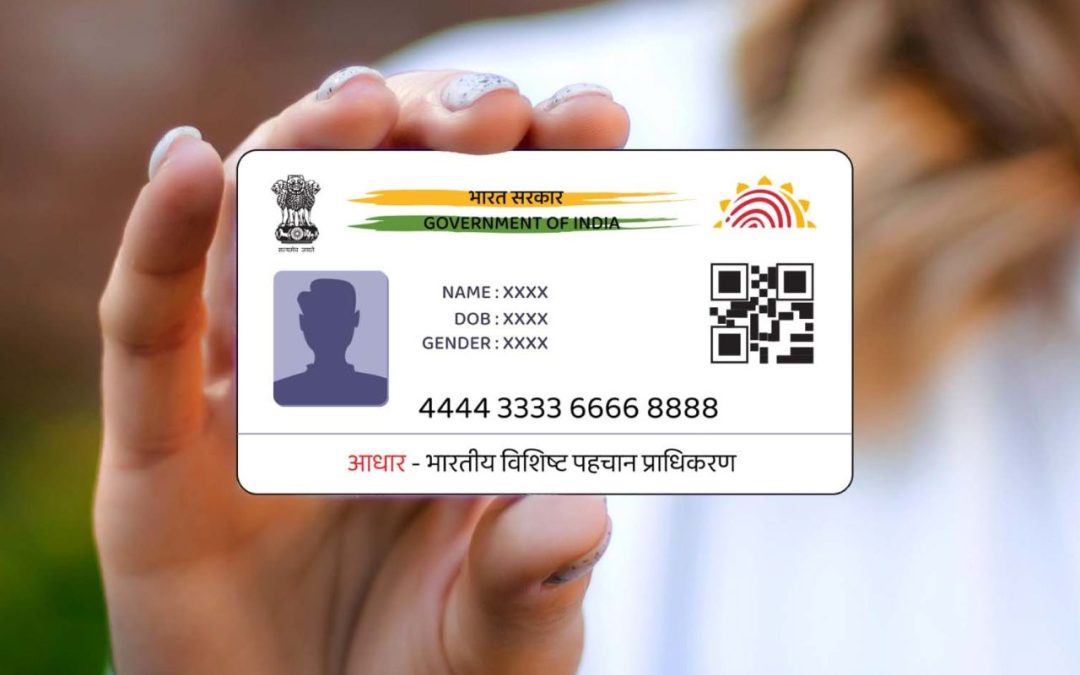Supreme Court Says Aadhaar Not Valid as Standalone Citizenship Proof
Related Articles
Trump to Implement Global 10% Tariff Following Supreme Court Decision
US President Donald Trump announced plans to establish a global 10% tariff after the Supreme Court invalidated significant aspects of his previous tariff measures....
30-Year-Old Indian Man Dies in US Amid Visa Struggles
A fundraiser has been initiated for Sasikanth Reddy Donthireddy, a 30-year-old Indian citizen who passed away in the United States following a cardiac arrest....
Ohio Man Charged with Murdering Wife, Former American Idol Contestant
A man from Ohio has been formally charged with the murder of his wife, a teacher and volleyball coach. According to court documents, Caleb...


